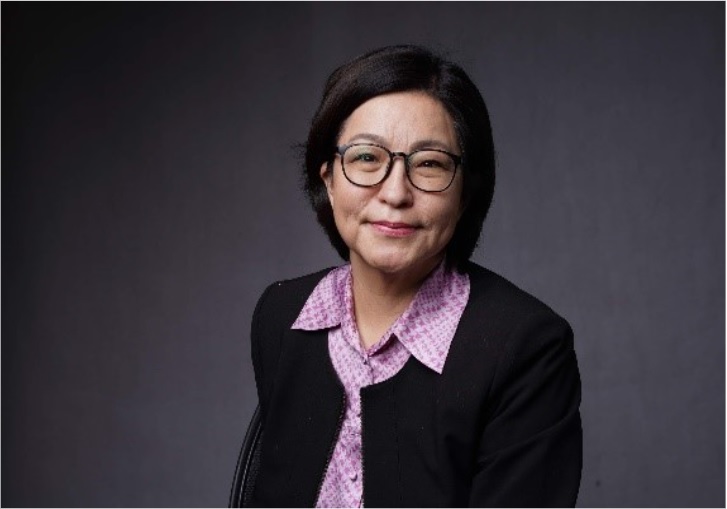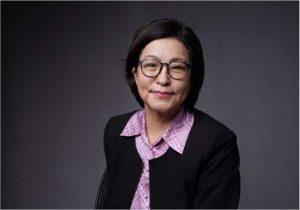
What do you think are the biggest issues facing your country’s care economy right now?
There are several issues. First, no study or comprehensive research of the sector research has been done. We are filling this gap. Second, the Mongolian people do not realize the incoming crisis of care service that arises from the rapidly growing elderly population, and a declining birthrate. Third, in this country, we do not have a sufficient physical and financial care infrastructure.
What kind of change would you like to see over the next decade or so?
We really want to conduct comprehensive research on the care sector, both paid and unpaid sectors, produce relevant policy recommendations and share this knowledge with the government agencies, civil society organizations to the further development of care and social policies. We would like to see the changes in the social norms around care and care supply.
What are the barriers to change?
There is a misleading understanding in our society that household production, including care for children, elderly and people with disabilities, does not have a cost, a social cost. Moreover, a lack of recognition of unpaid care work in the national accounting — in the national social policy — are the main barriers to the policy changes.
How do you think the research data and CGE models will help?
The country’s statistics office conducts a Time Use Survey every four years. We use this data to estimate unpaid care work in the country. However, there is a growing paid care sector in this country which we aim to estimate. Thus, we need to conduct field work, interviews with caregivers, and paid care sector workers. Then, we plan to construct CGE care modelling in the case of Mongolia to show the structure of the economy with added care sector. Once we construct the model, then the government of Mongolia may foresee the care crisis that the society will face very soon and be prepared to invest in the care infrastructure, the care labor force, and care financial instruments.
Can you describe what you have done so far?
So far, our research team has accomplished several things. First, we created our team, the team that consists of economists, a sociologist, a statistician and 3-4 graduate students in economics. Second, we managed to estimate unpaid care time in the country using all the Time Use Surveys that have been conducted in Mongolia since 2007. This task took one year and considerable teamwork. Third, we applied for research funding and in 2023, we receive a grant for two years from the New Frontiers in Research Fund for the project titled “Investing in Inclusive and Sustainable Care: A Macroeconomic Approach to Understanding Care in Mongolia.” This is a great opportunity for us to conduct multiyear research on this important topic.
Project Lead
-

Otgontugs Banzragch
Researcher

